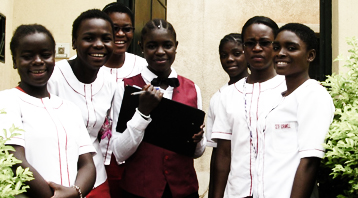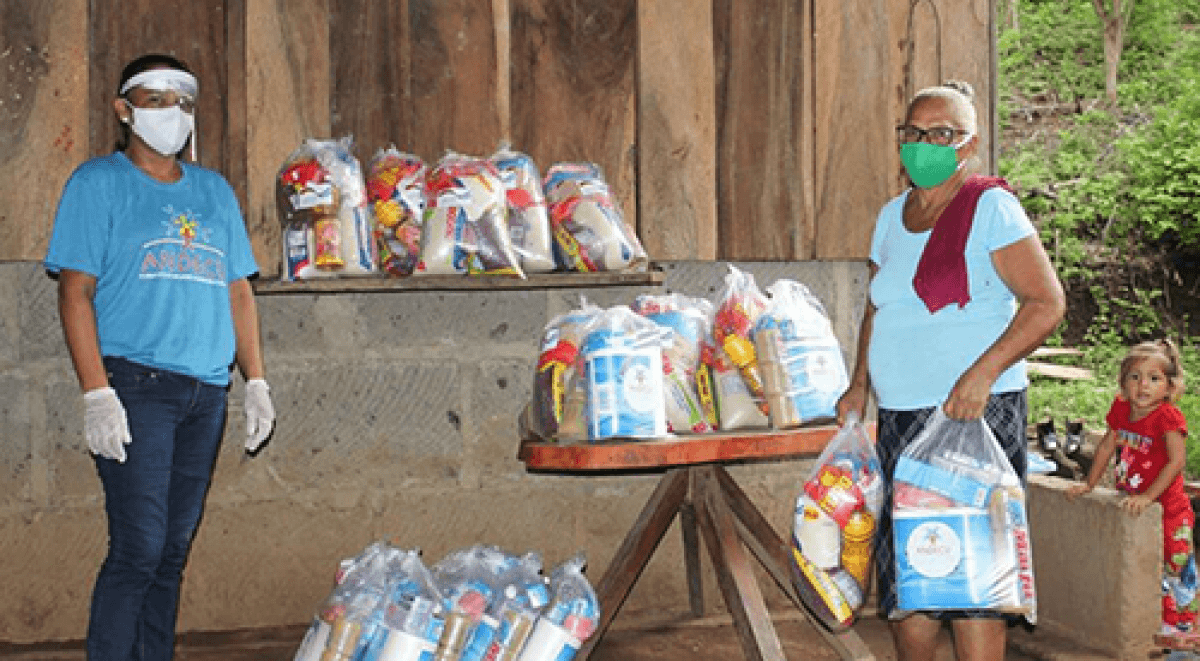
Collaboration is key in South America
The lack of home computers, coupled with power and internet outages, made moving classes and other activities online difficult. Co-operation between schools and parents overcame many of the obstacles.
Colombia
Alberto Enrique Pedraza Rallón, Director of Monte Verde Centre, which runs extracurricular activities for boys, says collaboration between the school and parents has been key:
“. . .It has been awesome, the students can still learn and grow. However, some students did not have access to internet for a couple of weeks. Fortunately, collaboration between parents and the school meant that 100 per cent of our boys are still hard at work.”
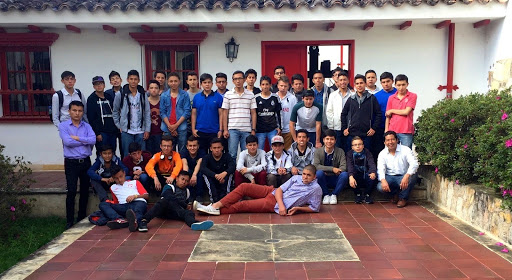
temporarily close its doors in March –
Video Jairo Ramírez Lincco.mp4
Venezuela
Liliana Solarte reports from Los Samanes Secondary School, where 44 students receive LINCCO scholarships, thatone outcome has been improved collaboration:
“…The pandemic has strengthened ties between the school, parents and students.”
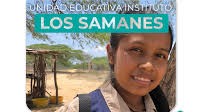
un programme de leadership pour des jeunes filles issues de familles défavorisées
Economic crisis adds to the challenge
The closures due to COVID-19 intensified economic problems in some countries and brought new hardship to others. People who depend on casual labour to make a living lost the means to support their families. Our partners are responding to their needs.
Argentina
Fernando Armas, Director of Cuatro Vientos Centre, where 20 students receive LINCCO scholarships, reports that the mandatory shutdown has meant many parents cannot work and are unable to feed their families. The Centre is working with local services to provide aid to their students’ families.
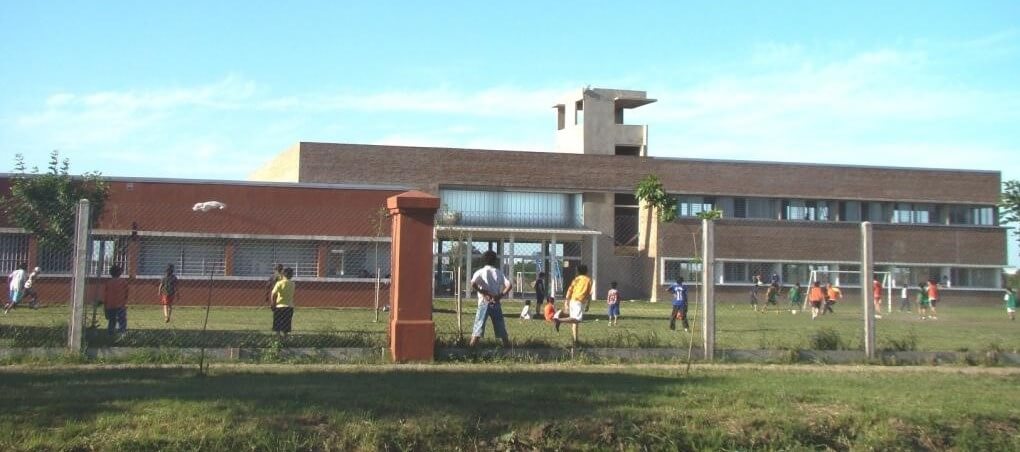
Africa affected by lockdown
Cameroon
Nolanga Study Centre is managing to keep its Project Excellence running online. The project provides coaching and teaching sessions to students. Fifteen-year-old Billy, a high school student, expresses his gratitude::
“. . .Despite the confinement, the supervisors continue to follow us via the internet. From them I have learned the virtue of order.”
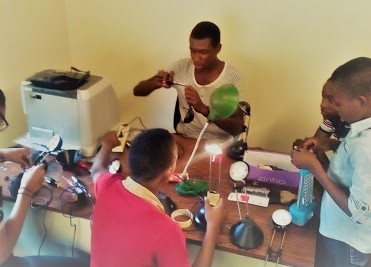
in programs to help them advance
academically and personally
Some projects had to be put on hold
Some programs LINCCO supports cannot be moved online because the participants need to be physically present. Our partners are making plans to resume their activities as soon as possible. In the meantime, their services are greatly missed.
Cameroon
A project that brings milk and cookies to hundreds of children in the poorest parishes had to be put on hold. The 20 volunteers will resume work as soon as possible.
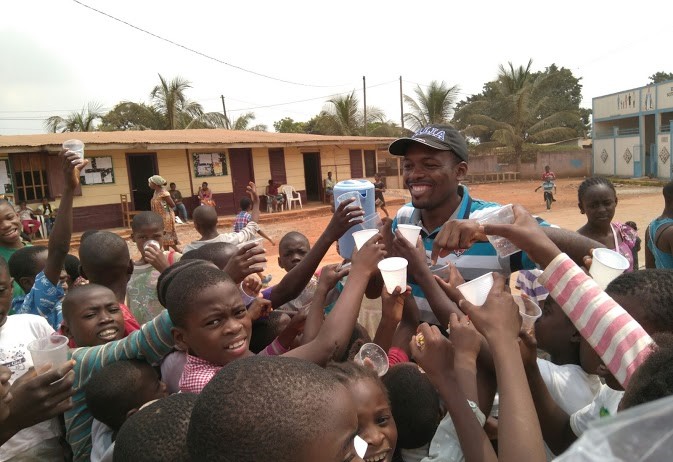
but had to be put on hold due to the shutdown
Ivory Coast
Ilomba School had to close its doors when travel in and out of the capital, Abidjan, was halted in March. To ensure the students catch up, classes will either be offered more days a week or for longer hours.
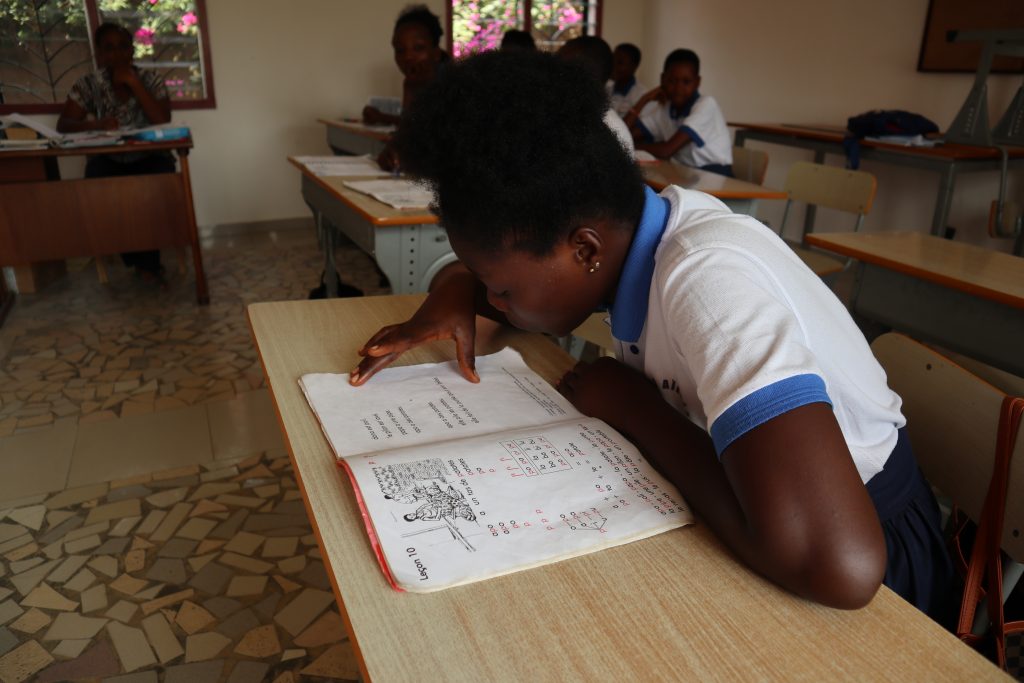
Lebanon
Ignacio PdeA reports that the Citizens Project which offers youth mentoring services is on hold but the situation heightens the need for the program:
“. . . One more reason that justifies the timeliness of our project to promote citizenship, so necessary to our country, especially now.”
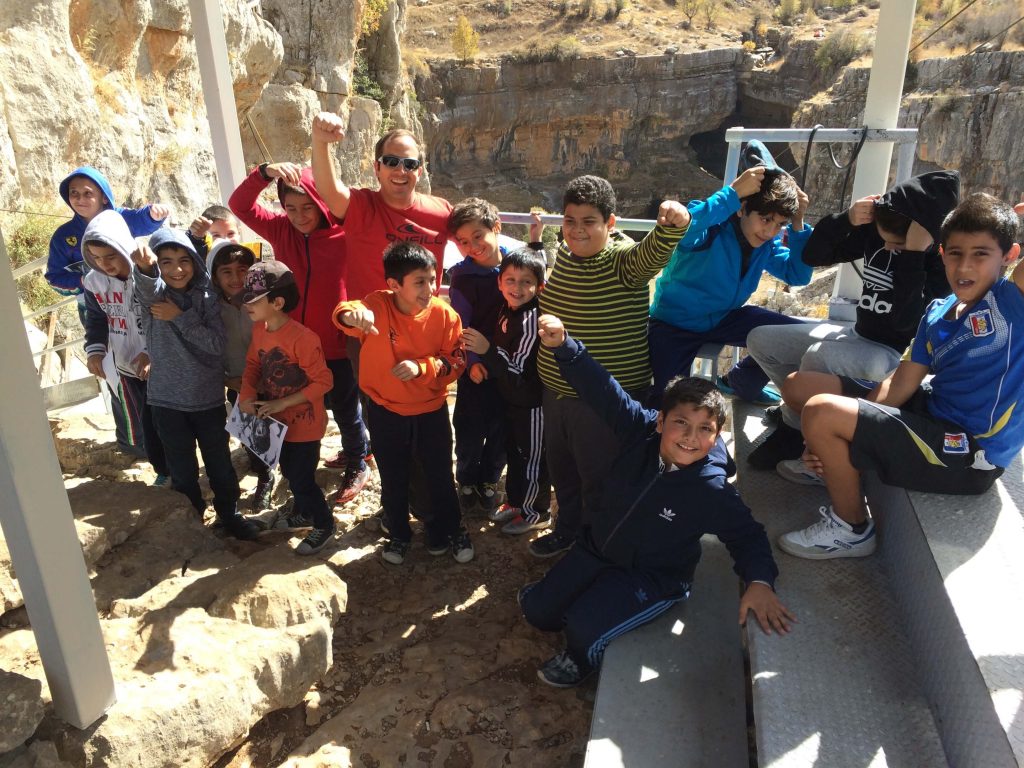
South Africa
A mentoring program had to be temporarily suspended after 6 successful sessions. COVID-19 cases are few at present but, projections for September suggest that schools might not reopen then. The program will restart as soon as schools are allowed to open.
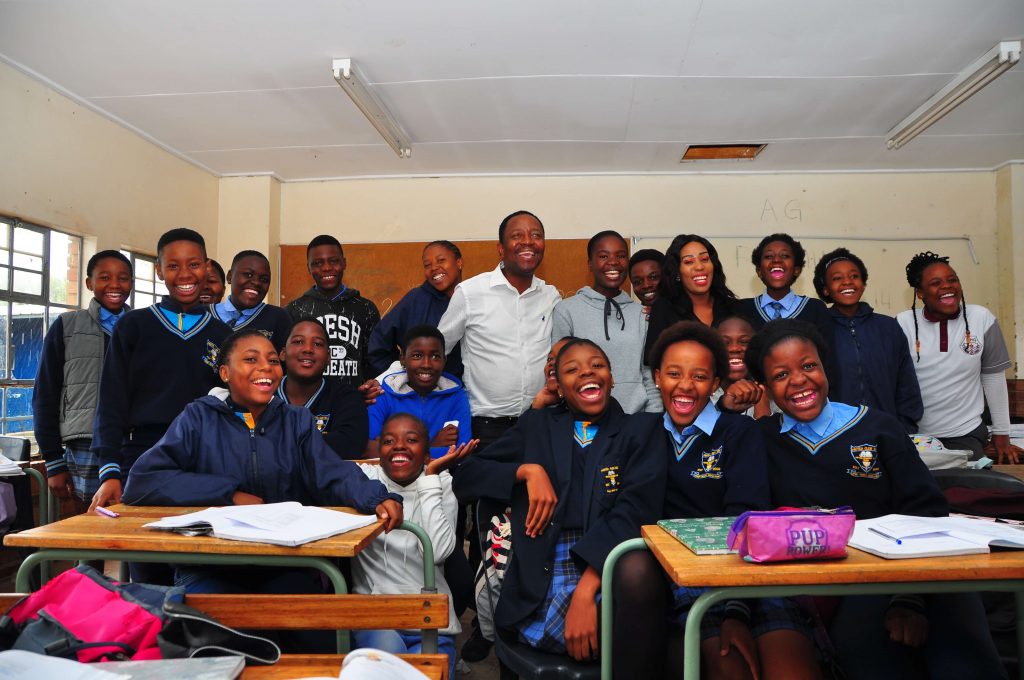
Uganda Medical camp replaced by the purchase of medicines
Medical camps are another important work supported by LINCCO.
Two camps were planned for poor, rural areas in Uganda. One had been successfully held before the COVID-19 restrictions took effect. The second one was replaced by the purchase of essential medicines needed by health care units.
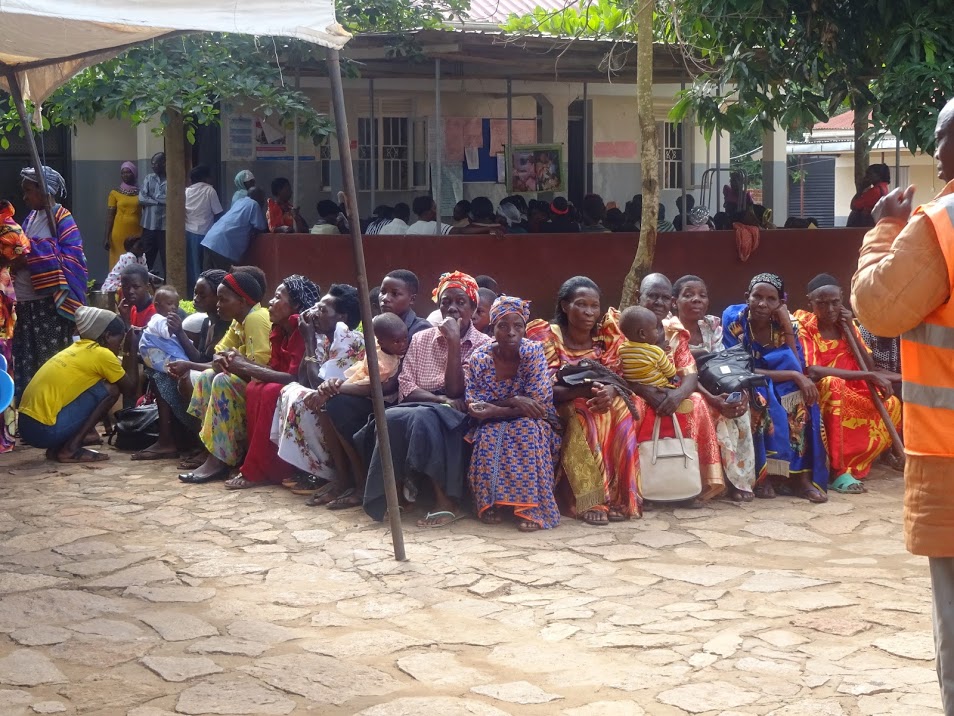
First medical camp
Vocational training affected by lockdowns.
Government mandated lockdowns, because of COVID-19, have a big impact on hospitality industry and health care internship programs. Finding a way to keep going is a challenge.
Cameroon
Sorawell Hotel and Hospitality Training School collaborated with the government to find an innovative way to conduct student assessments during the shut-down due to COVID-19.
